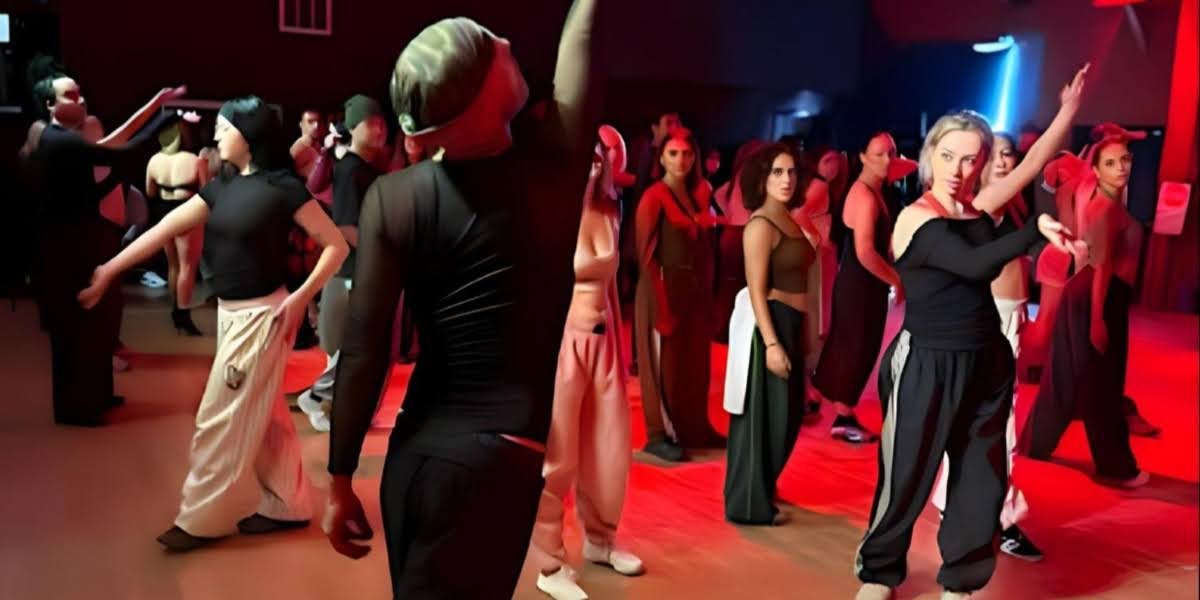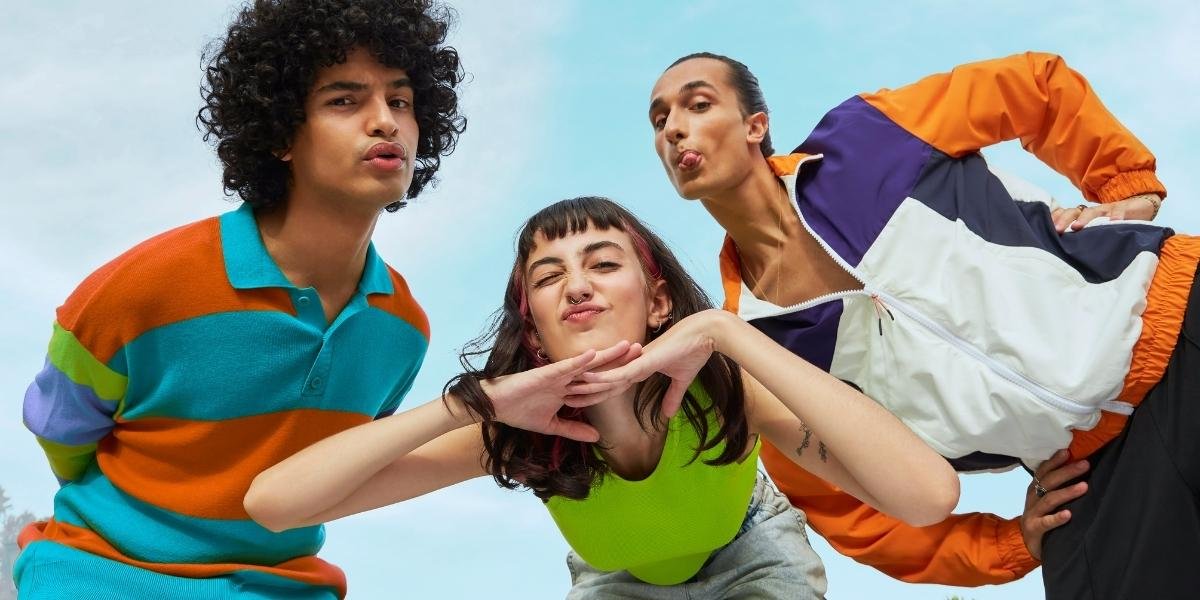The beauty industry has always been about trends, innovation, and self-expression. In recent years, influencer marketing has become a key driver of growth and engagement in this vibrant sector. By partnering with influencers, beauty brands can connect with their audience in authentic and impactful ways. This article explores how influencer marketing is shaping the beauty industry, the benefits it offers, and the challenges brands face in this dynamic space.
One of the reasons influencer marketing works so well in the beauty industry is the visual nature of the products. Makeup, skincare, and haircare are all about transformation and results, which makes them perfect for platforms like Instagram, YouTube, and TikTok. Influencers can showcase products in action, demonstrating their effectiveness and helping potential customers visualize how they might work for them. This kind of user-generated content feels more relatable and trustworthy than traditional advertising, making it a powerful tool for driving sales.
In the beauty industry, authenticity is crucial. Consumers want to see real people using and reviewing products, not just polished ads. This is where influencers come in. Whether they’re sharing a makeup tutorial, reviewing a new skincare line, or offering haircare tips, influencers provide a personal touch that resonates with their followers. Their honest opinions and firsthand experiences help build trust, which is especially important in an industry where results can vary from person to person.
Another advantage of influencer marketing in the beauty industry is its ability to reach niche audiences. Beauty is a broad category, and different consumers have different needs and preferences. Influencers often specialize in specific areas, such as vegan beauty, anti-aging skincare, or bold makeup looks. By partnering with influencers who align with their brand values and target audience, beauty companies can ensure their message reaches the right people. This targeted approach is more effective than a one-size-fits-all strategy and can lead to higher engagement and conversion rates.
The rise of micro-influencers has been particularly impactful in the beauty industry. These influencers, who typically have between 1,000 and 100,000 followers, often have a more engaged and loyal audience compared to larger influencers. Their smaller following allows them to interact more closely with their followers, creating a sense of community and trust. For beauty brands, this means higher engagement rates and more meaningful connections with potential customers. Micro-influencers are also more affordable, making them an attractive option for smaller brands or those with limited marketing budgets.
However, working with influencers is not without its challenges. One of the biggest issues in the beauty industry is the pressure to present a flawless image. Many influencers use filters, editing tools, and professional lighting to create perfect-looking content, which can set unrealistic expectations for consumers. This has led to criticism and calls for greater transparency in influencer marketing. Some brands are addressing this by encouraging influencers to share unfiltered, real-life content that shows the true results of their products. This shift toward authenticity is helping to build trust and credibility in the industry.
Another challenge is the oversaturation of the market. With so many beauty brands and influencers competing for attention, it can be difficult to stand out. To succeed, brands need to be creative and strategic in their campaigns. This might involve collaborating with influencers on unique content, such as behind-the-scenes videos, product launches, or interactive live streams. It’s also important to choose influencers who genuinely align with the brand’s values and aesthetic, as this helps create a more authentic and cohesive message.
The beauty industry is also highly trend-driven, which means brands need to stay ahead of the curve to remain relevant. Influencers play a key role in setting and spreading trends, from viral makeup techniques to must-have skincare products. By partnering with trendsetting influencers, brands can position themselves as innovative and forward-thinking. However, this also requires brands to be agile and responsive, as trends can emerge and fade quickly in the fast-paced world of beauty.
In addition to promoting products, influencers can also help beauty brands with product development. Many influencers have a deep understanding of their audience’s needs and preferences, making them valuable sources of feedback and ideas. Some brands even collaborate with influencers to create co-branded products or collections, which can generate excitement and drive sales. This collaborative approach not only strengthens the relationship between the brand and the influencer but also creates products that are more likely to resonate with consumers.
The impact of influencer marketing extends beyond just sales; it also helps build brand loyalty. When consumers see their favorite influencers using and endorsing a product, they are more likely to feel a connection to the brand. This emotional connection can lead to repeat purchases and long-term loyalty. Influencers can also help brands humanize their image, making them feel more relatable and approachable. This is especially important in the beauty industry, where personal connection and trust are key factors in consumer decision-making.
In conclusion, influencer marketing has become an essential part of the beauty industry, offering brands a powerful way to connect with their audience and drive engagement. By leveraging the authenticity, creativity, and reach of influencers, beauty companies can showcase their products in a way that feels genuine and relatable. However, success in this space requires careful planning, a focus on authenticity, and a willingness to adapt to changing trends and consumer preferences. As the beauty industry continues to evolve, influencer marketing will remain a key tool for brands looking to stand out and build meaningful connections with their customers. Whether through micro-influencers, trendsetting content, or collaborative product development, the possibilities are endless for brands that embrace the power of influencer marketing.







